Reviewed by Corey Noles
When a German court ruled against Apple's carbon neutral claims for the Apple Watch, it sent shockwaves through more than just one company's marketing department. The Frankfurt court found that Apple had promoted the device online as "our first CO2-neutral product" without sufficient backing—a claim that violated German competition law and fundamentally misled consumers.
This isn't just about one tech giant getting called out for overzealous marketing. It's about a much deeper problem with how companies present their environmental credentials to the 70% of consumers who genuinely care about making sustainable choices. Apple continues to defend its position, claiming it has reduced Apple Watch emissions by more than 75 percent and invested significantly in nature-based projects to remove hundreds of thousands of tons of carbon from the air. But this legal defeat exposes fundamental flaws in how tech companies approach—and market—environmental responsibility.
What makes Apple's carbon neutral claims so problematic?
The core issues with Apple's environmental claims reveal why courts and environmental scientists are pushing back against corporate carbon neutral marketing. Apple bases its carbon neutrality claim on a project it operates in Paraguay to offset emissions by planting eucalyptus trees on leased land.
Here's where the science gets uncomfortable for Apple's marketing team. These eucalyptus plantations have been criticized by ecologists, who point out that such monocultures harm biodiversity and require high water usage—earning them the rather damning nickname "green deserts." Unlike natural forests that support complex ecosystems and provide more stable long-term carbon storage, these industrial plantations actually reduce the land's environmental value while providing questionable climate benefits.
The legal problems compound when you examine the project logistics. The Frankfurt court discovered that leases for 75% of the project area weren't secured beyond 2029, and Apple couldn't guarantee these contracts would be extended. This creates a fundamental timing mismatch—carbon dioxide from manufacturing stays in the atmosphere for decades, but Apple's offset projects might disappear in just a few years.
Most troubling for anyone trying to verify Apple's claims, the company largely leaves unclear which specific projects these are, making independent evaluation impossible. This opacity isn't just bad for transparency—it undermines the entire carbon credit market by making it impossible to distinguish legitimate environmental projects from questionable offset schemes.
How Apple's marketing strategy backfired
Apple's approach to packaging its environmental story reveals the fundamental problems with self-certified sustainability claims. The company advertises three models of its Apple Watch as "CO2-neutral" and claims that CO2 emissions from production are offset by compensation projects—following what has become a standard corporate playbook.
Where Apple crossed the line from marketing into misleading was in creating its own credibility signals. The company created a logo with green leaves and the inscription "Carbon Neutral" as a quality seal to generate additional consumer trust. Unlike legitimate environmental certifications from independent bodies like Energy Star or EPEAT, which require third-party verification and ongoing monitoring, Apple's self-invented logo provides insufficient information about testing standards and criteria.
Environmental groups argue that Apple creates the false impression among customers that purchasing and using an Apple Watch has no negative climate impact whatsoever. This misrepresentation becomes particularly problematic when you consider that manufacturing any electronic device involves mining rare earth elements, energy-intensive factory production, global shipping, and eventual disposal—environmental impacts that don't disappear just because you've planted trees in Paraguay.
The broader legal challenges Apple faces
The German ruling represents just the beginning of Apple's carbon neutral legal troubles, with consumer deception lawsuits now spanning multiple jurisdictions. The company faces a class action lawsuit from customers who say they wouldn't have bought the watch had they known the reality behind Apple's "carbon neutral" claims.
This consumer response reflects a significant market shift. The civil case before the Federal Court in San Jose alleges that Apple falsely labeled three variants of the Apple Watch—Series 9, SE and Ultra 2—as "carbon neutral" and "environmentally friendly." The plaintiffs point out that 70 percent of customers in the US and Canada consider environmental sustainability important in purchasing decisions, creating substantial market exposure for companies making questionable environmental claims.
For Apple, this consumer behavior data reveals a strategic vulnerability—environmental credentials have become a competitive advantage that can quickly turn into a liability when challenged in court. The lawsuit seeks unspecified damages plus a ban on Apple's marketing claims that the devices are "carbon neutral," potentially forcing the company to restructure its entire environmental marketing strategy.
These parallel legal challenges illuminate a systemic problem with Apple's offset approach: it's unclear whether the compensation projects will actually operate for the entire period during which emitted fossil carbon remains in the atmosphere—a fundamental requirement for legitimate carbon neutrality that Apple's business model can't guarantee.
What this means for Apple's 2030 environmental goals
This legal setback exposes critical flaws in Apple's broader environmental strategy and its ambitious timeline for corporate carbon neutrality. Apple pledged in 2020 to reach a 100% carbon-neutral footprint by 2030, positioning the company as an environmental leader in the tech industry.
The company declared the Apple Watch Series 9 to be its first "carbon neutral" product during its September launch, intending it as a proof-of-concept for scaling these practices across its entire product line. Apple's strategy reasons that purchasing carbon credits can offset emissions from production, shipping, and lifetime device charging.
However, the German court's finding that there is no secure future for continuing the forest project calls Apple's entire offset-dependent strategy into question. If your flagship carbon neutral product relies on projects that might disappear before their environmental benefits materialize, this suggests fundamental problems with how Apple plans to achieve corporate-wide carbon neutrality by 2030.
The transparency problems create additional credibility challenges. Apple's Restore Fund is "largely non-transparent" and provides no information on long-term monitoring, making it impossible for investors, regulators, or consumers to verify whether Apple's 2030 commitments will rely on legitimate environmental projects or questionable offset accounting.
This ruling forces a strategic choice: Apple can either pivot toward more expensive but verifiable emission reductions in its actual operations, or double down on offset projects while facing ongoing legal and credibility challenges that could undermine its environmental brand positioning entirely.
The bigger picture for tech industry greenwashing
The German court ruling against Apple signals a fundamental shift in how legal systems evaluate corporate environmental marketing, with implications extending far beyond one company's offset projects. The Deutsche Umwelthilfe lawsuit specifically targets what environmental groups call "blatant greenwashing and consumer deception," establishing legal precedent for scrutinizing the substance behind sustainability claims.
This represents a maturation of environmental law, where courts are no longer accepting corporate green marketing at face value but demanding verifiable evidence for environmental claims. With multiple legal challenges now underway across different jurisdictions, Apple's case could establish important precedents for how tech companies approach environmental marketing—and how regulators evaluate those approaches.
For tech companies watching Apple's legal troubles, this ruling demonstrates that environmental marketing now carries real legal and financial risks. Companies relying on similar offset-based carbon neutral claims face potential consumer deception lawsuits, regulatory challenges, and brand damage if their environmental projects can't withstand independent scrutiny.
The broader implication is that sustainable technology marketing is moving from a self-regulated space toward one with meaningful legal oversight. For consumers genuinely trying to make environmentally responsible choices, this shift toward legal accountability represents a significant improvement over previous systems where companies could make essentially unverifiable environmental claims without consequence.
For the tech industry, this means that future environmental marketing will need to be backed by transparent, verifiable, and genuinely sustainable practices rather than creative offset accounting and self-designed green logos. The era of carbon neutral claims based on questionable tree-planting projects and opaque compensation schemes is facing serious legal challenge—and that's probably good news for anyone who actually wants corporate environmental responsibility to move beyond marketing into measurable environmental impact.




![Watch Series 10 [GPS 42mm case] Smartwatch with Jet Black Aluminum Case with Black Sport Band - S/M. Fitness Tracker, ECG App, Always-On Retina Display, Water Resistant](https://m.media-amazon.com/images/I/6105jZyXyPL._AC_UY218_.jpg)
![Watch SE (2nd Gen) [GPS 40mm] Smartwatch with Midnight Aluminum Case with Midnight Sport Band S/M. Fitness and Sleep Trackers, Crash Detection, Heart Rate Monitor, Retina Display](https://m.media-amazon.com/images/I/61eE8SSyPWL._AC_UY218_.jpg)
![Watch SE 3 [GPS 40mm] Smartwatch with Starlight Aluminum Case with Starlight Sport Band - S/M. Fitness and Sleep Trackers, Heart Rate Monitor, Always-On Display, Water Resistant](https://m.media-amazon.com/images/I/61xkvg-RStL._AC_UY218_.jpg)
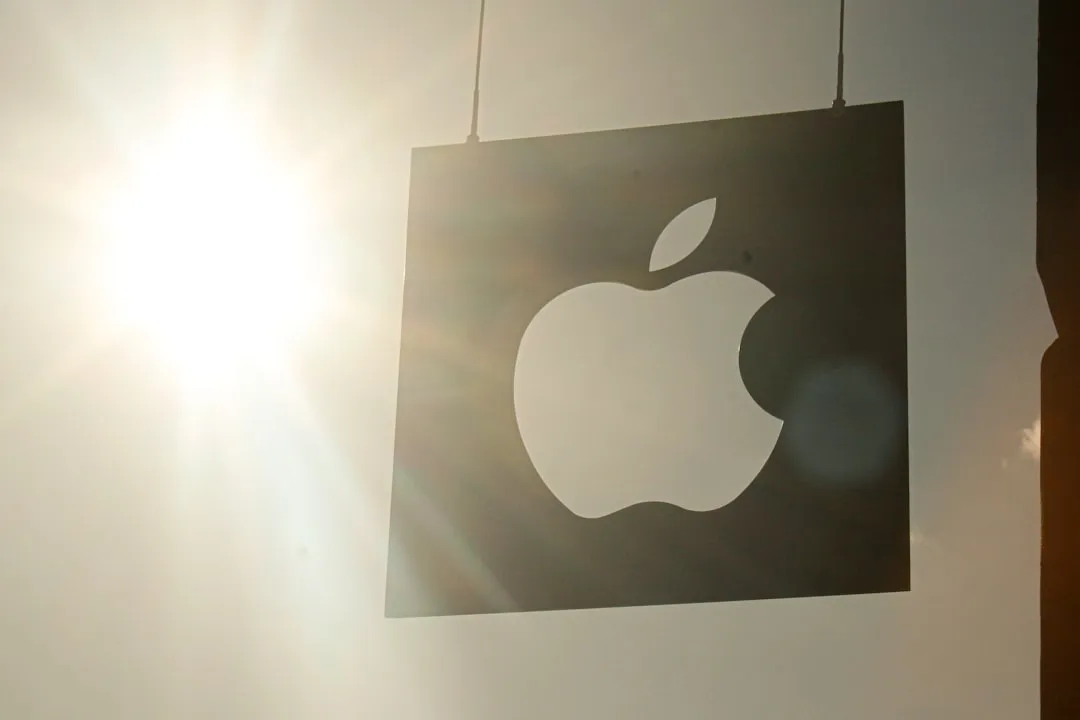


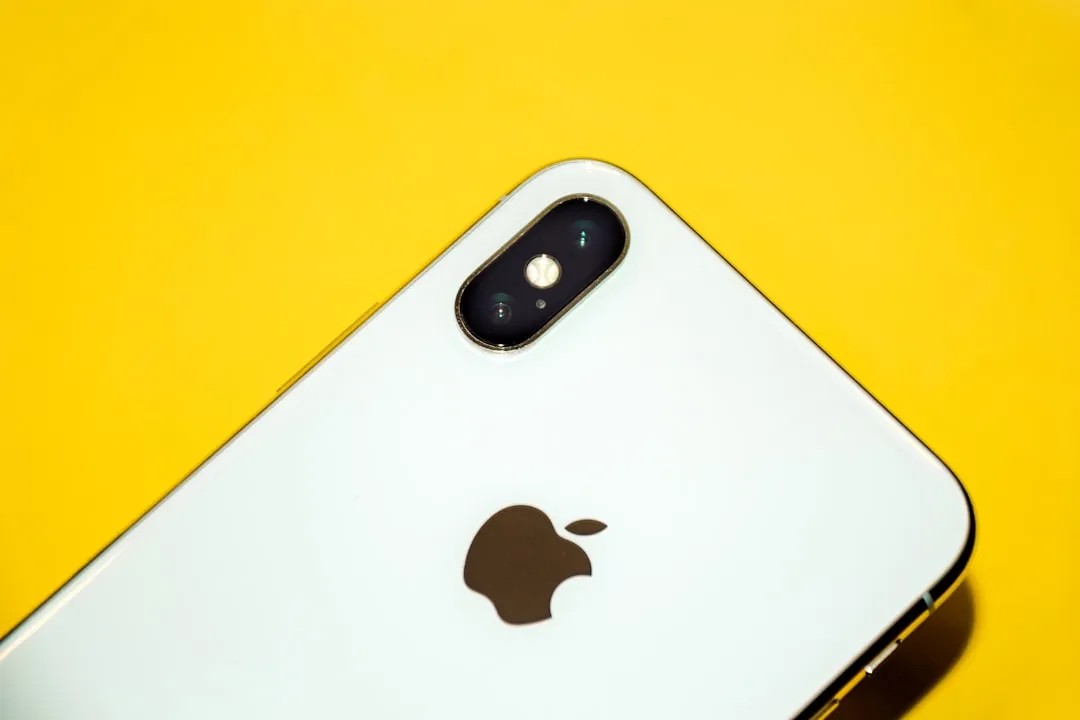




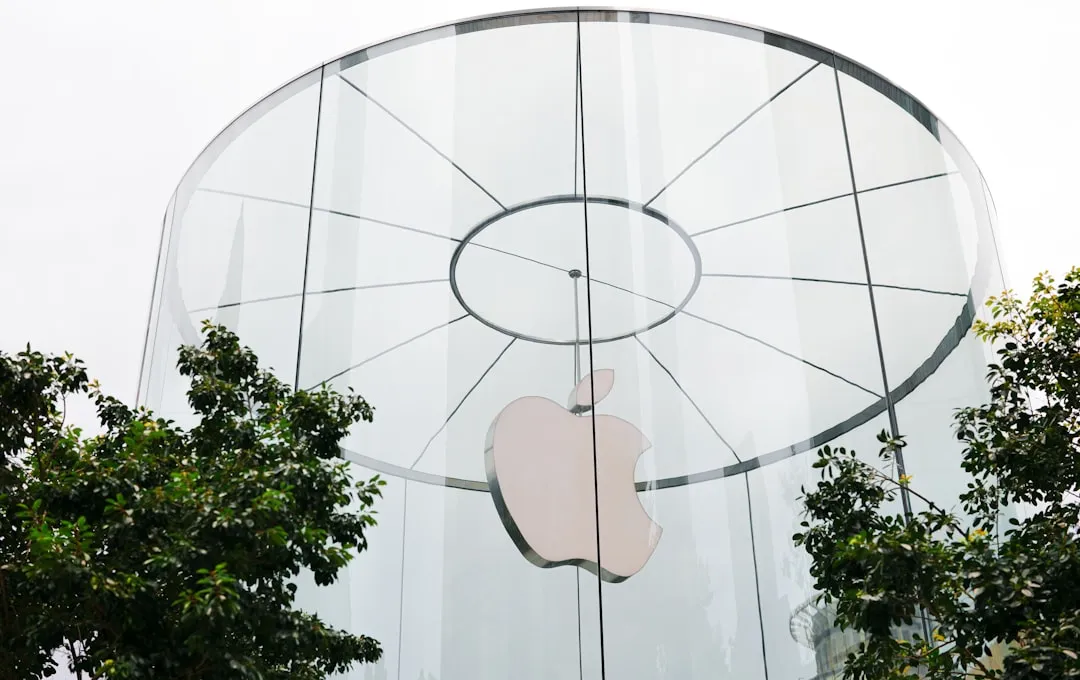
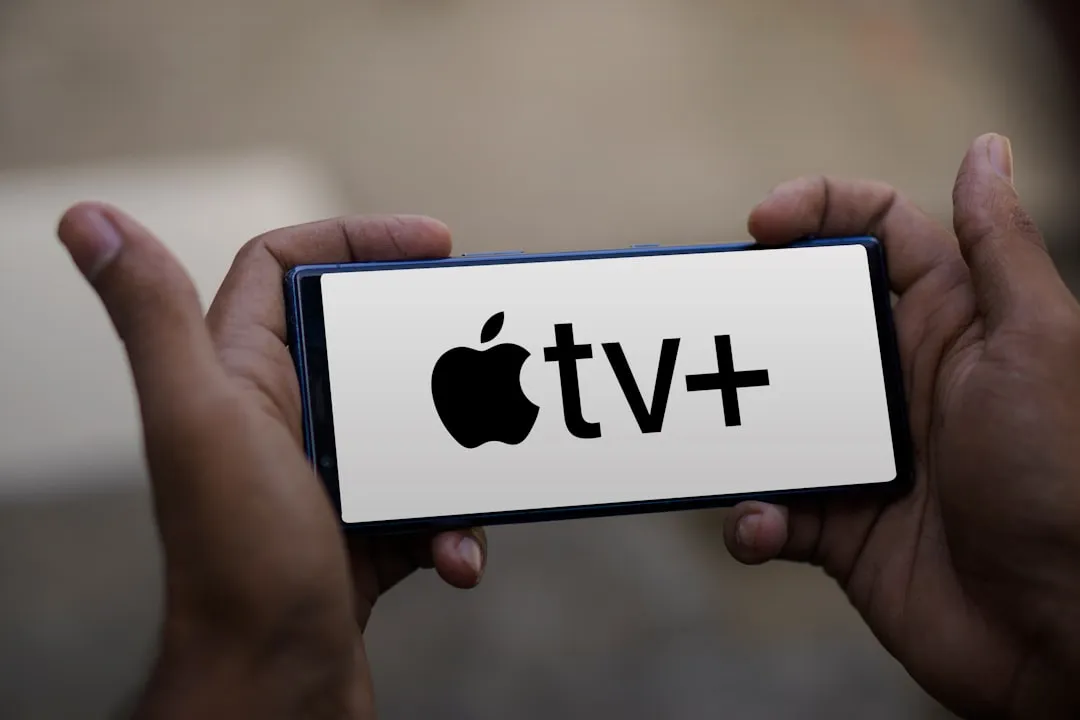


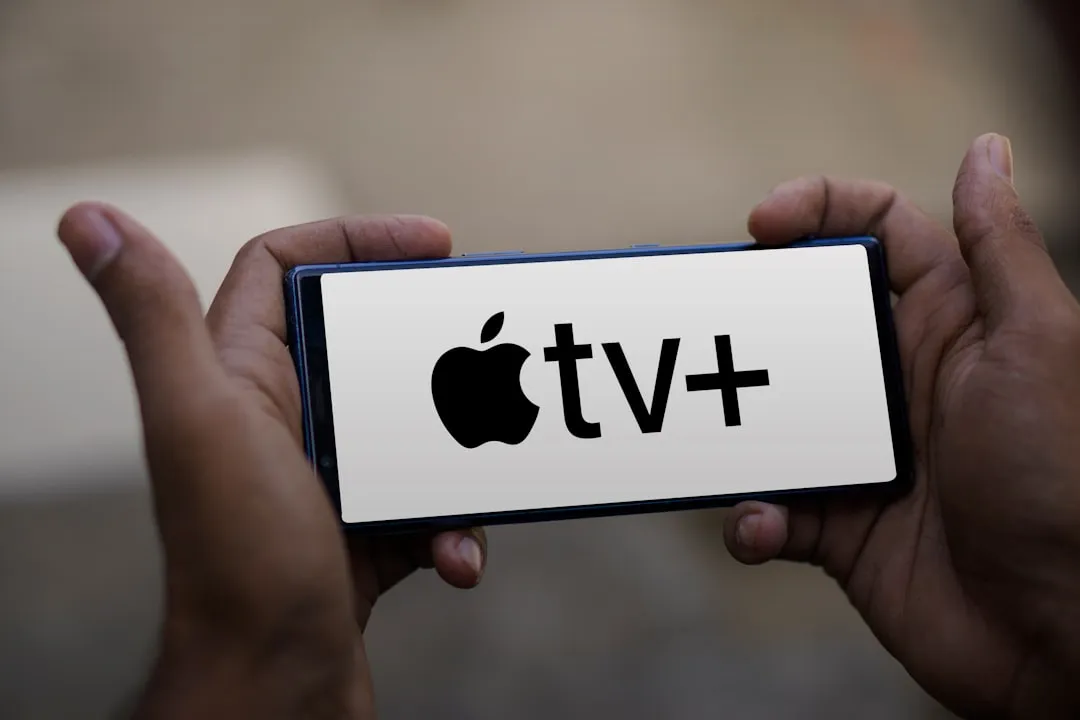

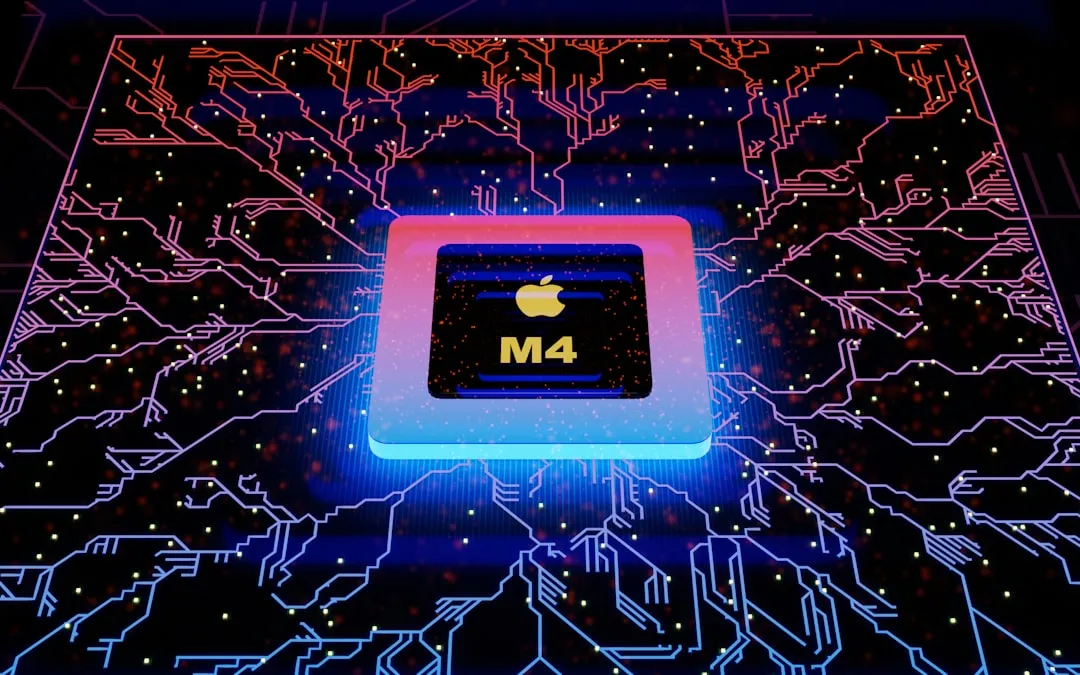
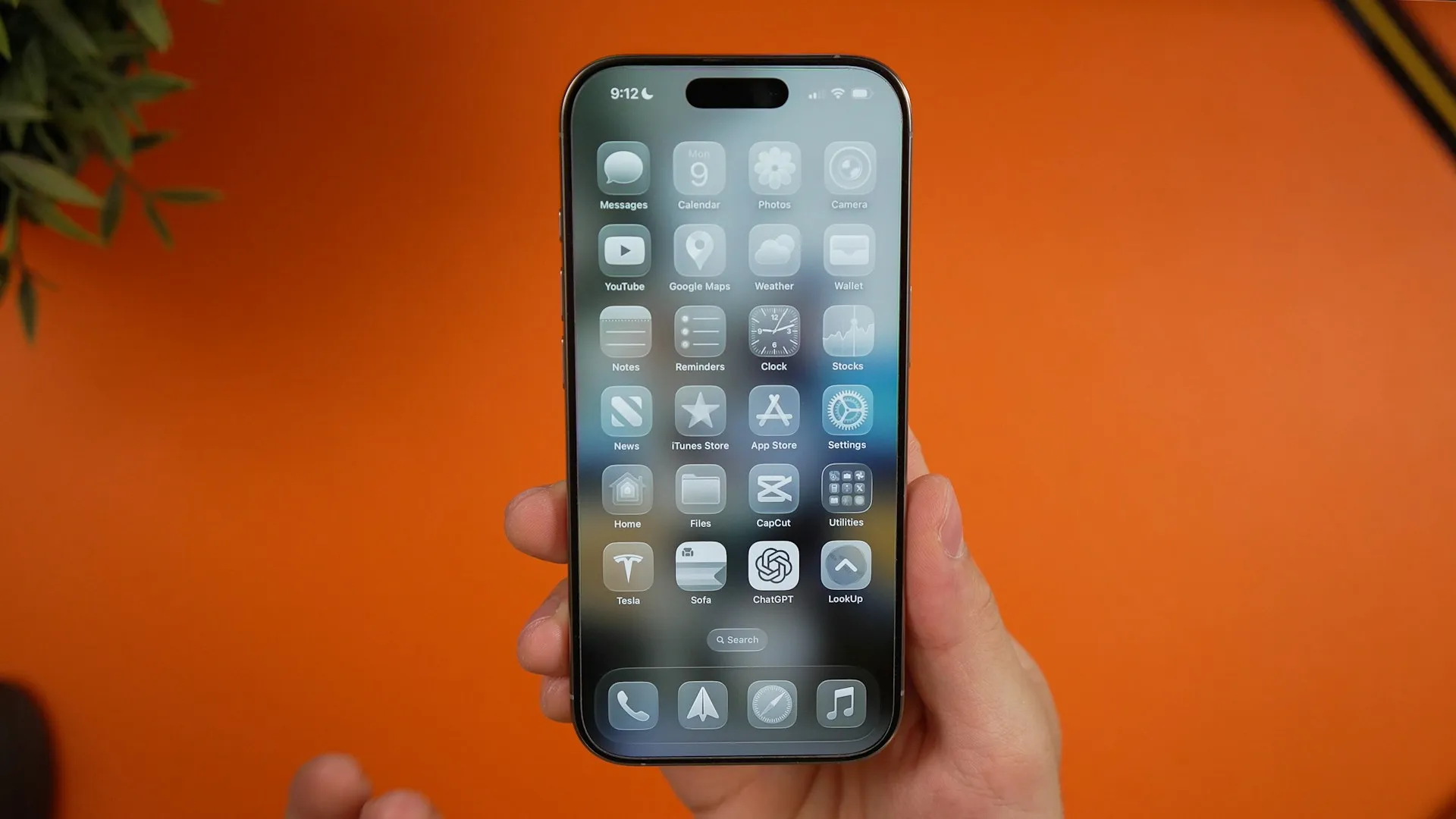

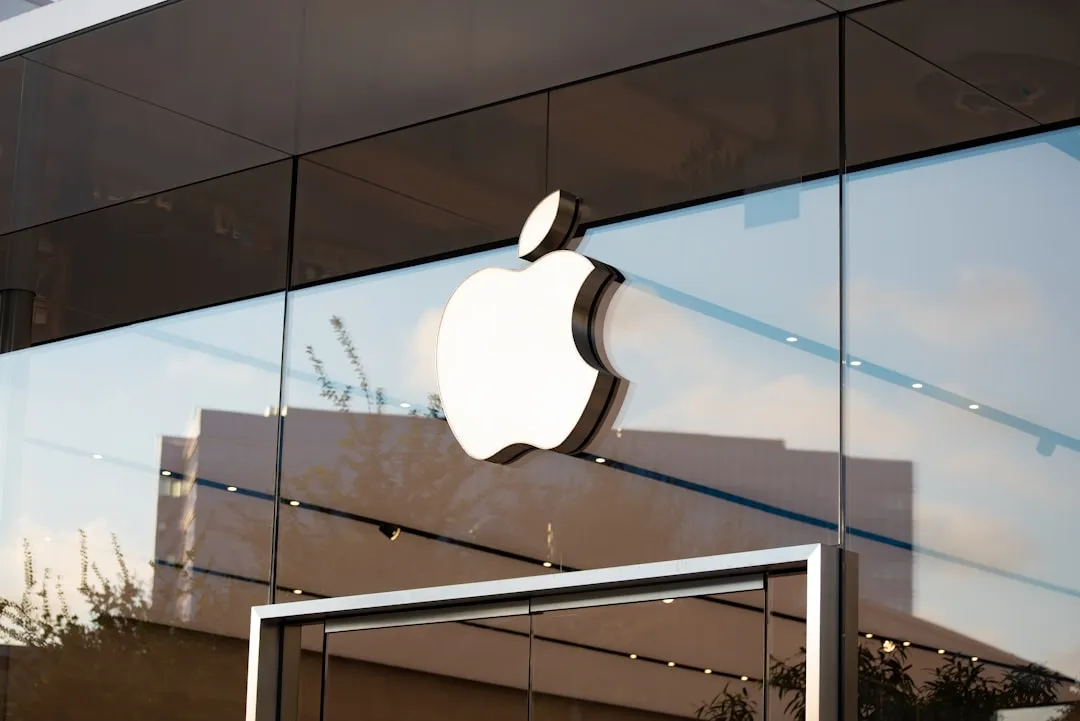



Comments
Be the first, drop a comment!